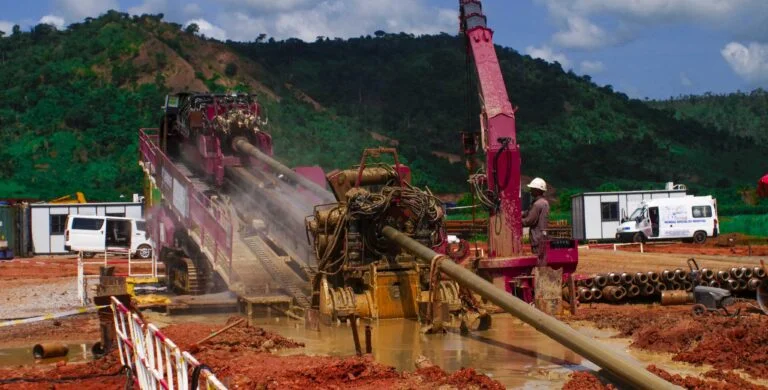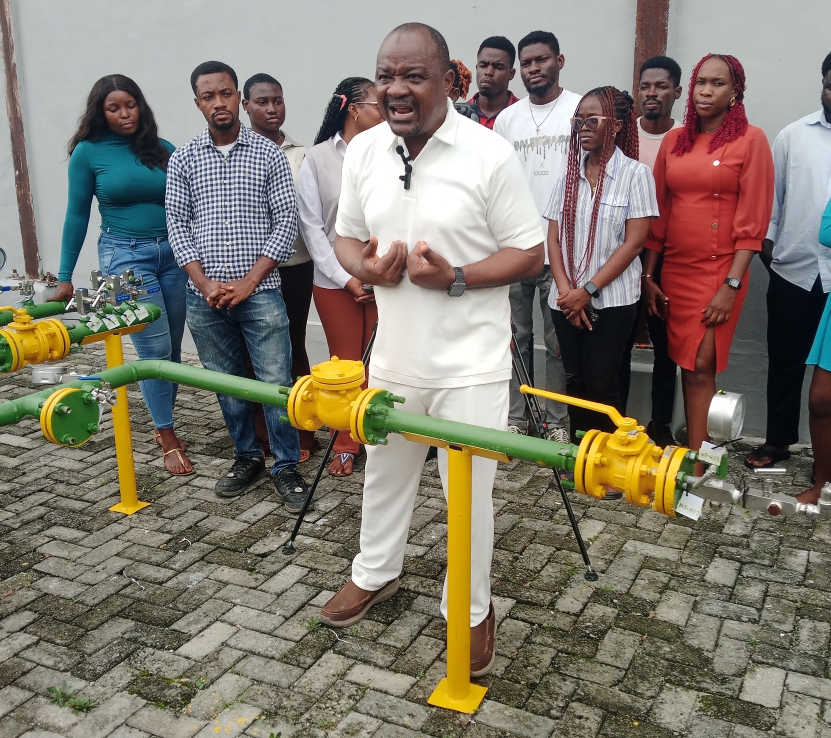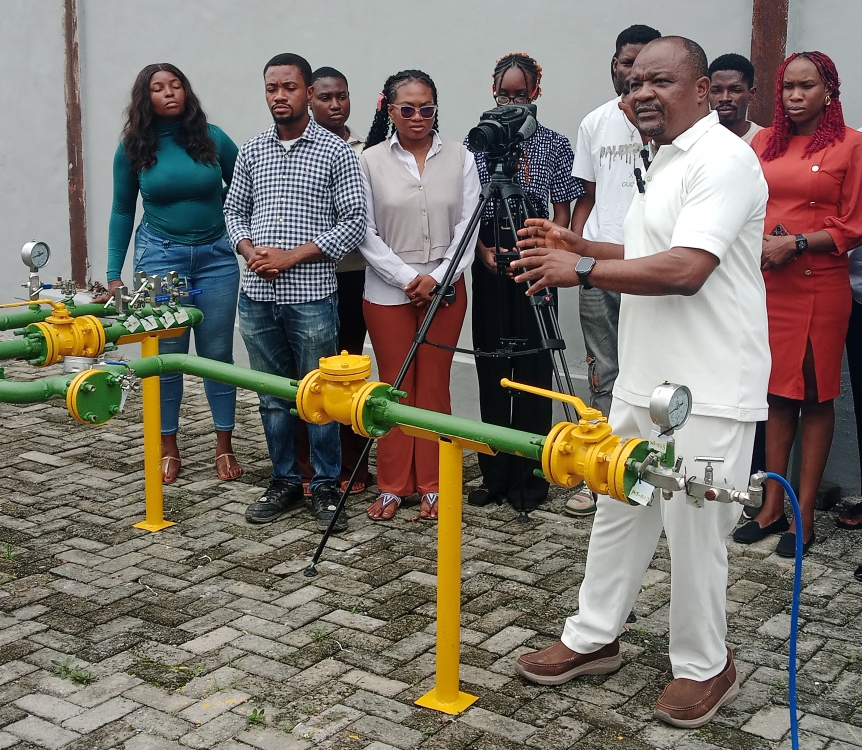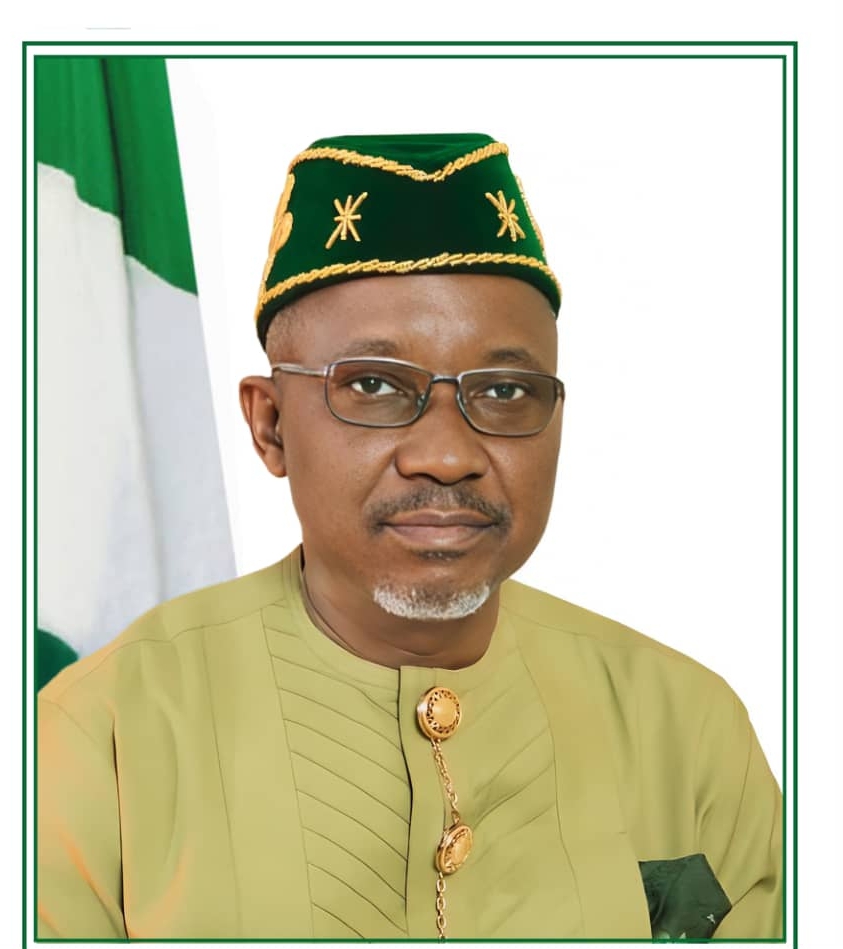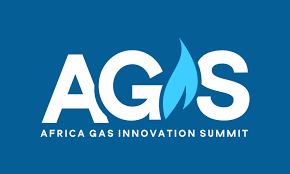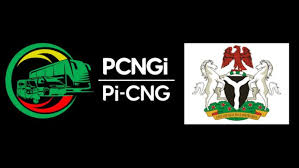Oil & gas coy urges removal of bottlenecks hindering upstream investment
By Emmanuella Anokam
Engr. Chichi Emenike, Acting Managing Director and Gas Asset Manager, Neconde Energy Limited (OML 42), has called on the Federal Government to urgently address the numerous bottlenecks obstructing investment in Nigeria’s upstream petroleum sector.
Emenike made the call on Wednesday in Abuja, while speaking to newsmen after a panel session at the ongoing 2025 Nigeria Oil and Gas (NOG) Energy Week in Abuja.
She said that oil and gas operators currently grapple with nearly 500 different fees and levies imposed by various government agencies — an issue she said continues to deter financing and investor confidence in the sector.
While acknowledging government efforts in the past year to improve the ease of doing business, she stressed that the sheer volume of levies and regulatory hurdles were making it increasingly difficult to attract the private capital needed to drive industry growth.
“The truth is, if you look at the oil and gas industry today, while the government is still figuring out how to attract financing on its end, most of the funding moving the industry forward is coming from the private sector.
“When finance is brought into an ecosystem, it must yield profit to remain viable.
“When we talk about ease of doing business, we are referring to the operational bottlenecks that must be unbundled, if we are truly serious.
“The minister mentioned that there are about 273 fees and rents, but I beg to differ. There are far more; you deal with one agency, then another, and another.
“There is a multiplicity of fees, including some that must be paid in dollars. It can become stifling and discouraging for any businessperson,” Emenike said
She commended the current administration of President Bola Tinubu for the introduction of some policies, reforms and initiatives, noting that they signaled a shift in approach and could yield positive results if sustained.
Emenike, who shared the panel with Executive Vice President (Gas, Power & New Energy) Olalekan Ogunleye and Managing Director, Nigeria LNG, Philip Mshelbila, also advocated the removal of the price cap on gas supplied to the power sector.
According to her, lifting the cap will boost investment and improve gas supply to power plants.
She cautioned that, unlike crude oil, natural gas had limited market flexibility and lowered margins, emphasising the need for policies that enable market-driven pricing.
“Allow investors to do their business; bring in gas and develop upstream assets.
“For all the resources we have, much of it is still untapped. Officially, we stand at 210 trillion cubic feet (TCF) of gas reserves, and that figure hasn’t moved in a long time.
“Some major projects have been signed recently. We must give them the space to grow. The power sector which consumes over 60 per cent of our gas must be unbundled and made viable.
“The illiquidity in the value chain must be addressed. Tariffs must be cost-reflective. When I borrow money, it must be repaid.”
She noted that operations at OML 42 have expanded significantly since its acquisition 13 years ago, growing from a shut-in asset to one currently producing over 50,000 barrels of oil per day. (NAN)
Edited by Emmanuel Afonne






